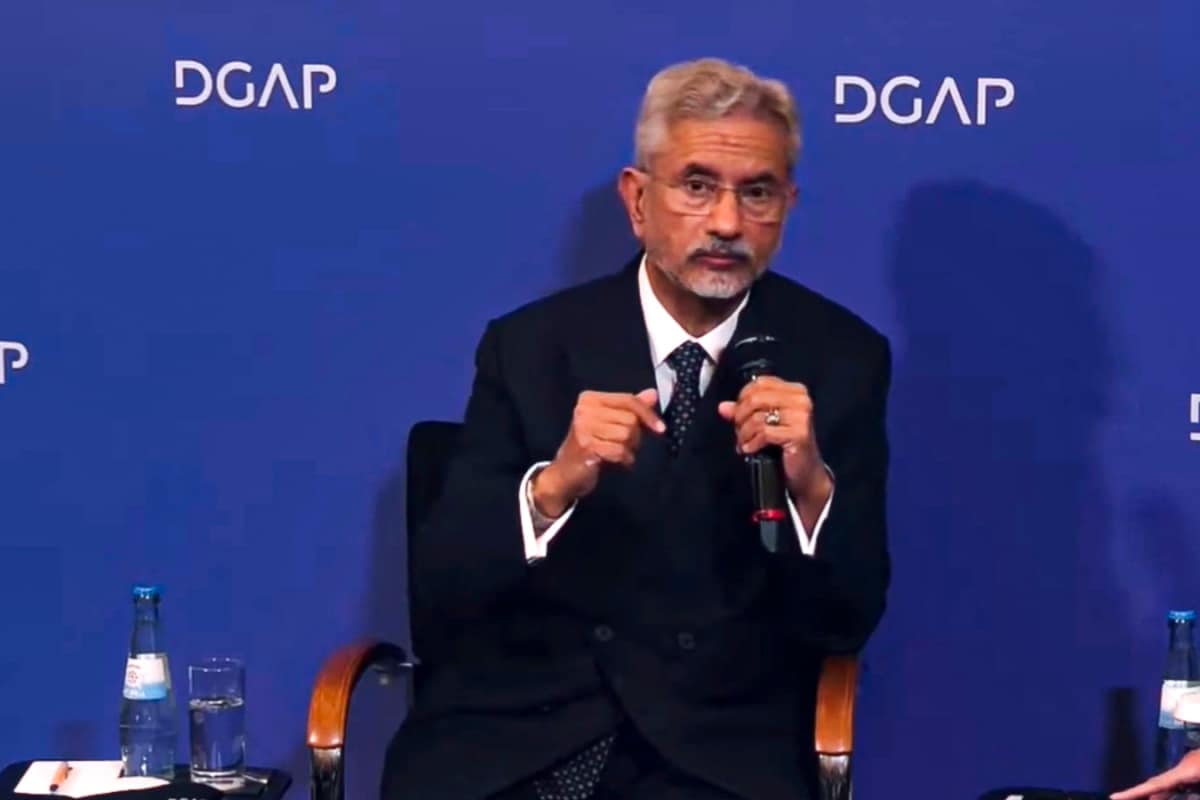

Recent statements from India's External Affairs Minister, S. Jaishankar, have shed new light on the cessation of hostilities between India and Pakistan in May 2025. Jaishankar asserted that the primary reason for the ceasefire was the decisive strikes conducted by the Indian military on key Pakistani airbases. These strikes, which effectively disabled critical infrastructure, compelled Pakistan to seek a halt to the conflict.
The conflict, codenamed "Operation Sindoor" by India, began in response to a terrorist attack in Pahalgam, in Indian-administered Jammu and Kashmir, where 26 civilians were killed. India accused Pakistan of sponsoring the attack, a charge Pakistan denied. India launched missile strikes targeting what it described as terrorist infrastructure belonging to groups like Jaish-e-Mohammed and Lashkar-e-Taiba, located both within Pakistan and Pakistan-administered Kashmir. Pakistan, in turn, claimed that the Indian strikes hit civilian areas, resulting in casualties.
Following these initial strikes, the conflict escalated with cross-border skirmishes and drone attacks. Pakistan retaliated with mortar shelling in Jammu, causing damage to civilian homes and religious sites. On May 10, India accused Pakistan of launching missile attacks on Indian airbases, while Pakistan accused India of targeting several of its airbases.
According to Jaishankar, the turning point came on the morning of May 10 when the Indian Air Force (IAF) conducted precision strikes on eight key Pakistani airbases. These strikes, executed with advanced air-launched cruise missiles like the BrahMos, caused significant damage to runways, hangars, command centers, and air defense systems. The targeted airbases included Nur Khan (Chaklala), Rafiqui, Murid, Sukkur, Sialkot, Pasrur, Chunian, Sargodha, Skardu, Bholari, and Jacobabad. Satellite imagery, later analyzed by various sources, confirmed the extensive damage inflicted on these strategic locations.
Jaishankar emphasized that these strikes were a direct response to Pakistan's military actions and that they successfully achieved India's objective of dismantling terrorist infrastructure. He stated that India had conveyed a clear message to Pakistan, indicating that the strikes were aimed at terrorist infrastructure and not the Pakistani military, giving them an opportunity to stand down. However, Pakistan chose to retaliate, leading to the decisive Indian response on May 10.
The impact of these strikes was such that Pakistan was compelled to request a ceasefire. Jaishankar has been firm in asserting that the cessation of hostilities was a direct result of India's military actions, dismissing claims that the United States played a mediating role. He credited the Indian military for creating the conditions that led to Pakistan's willingness to halt the fighting.
Moreover, Jaishankar has reiterated India's stance on cross-border terrorism, making it clear that India will not tolerate the use of terrorism as an instrument of state policy. He warned that any future acts of terrorism emanating from Pakistan would be met with retribution, targeting terrorist organizations and their leadership, regardless of their location within Pakistan. This firm message underscores India's commitment to protecting its interests and ensuring its security in the face of continued threats.